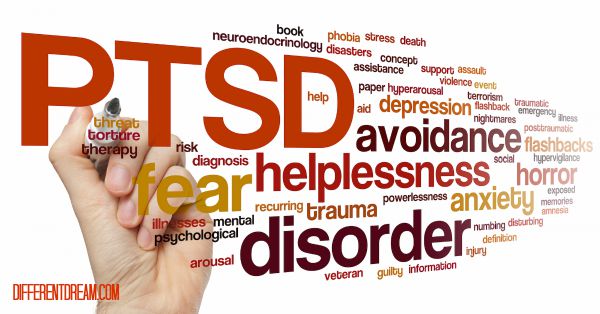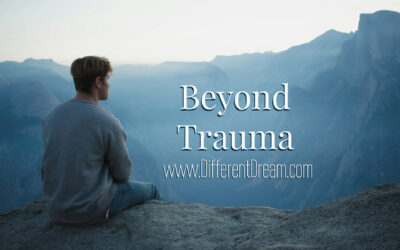Why and How Childhood PTSD Is Often Misdiagnosed

Thanks for stopping by to check out the eighth installment in this weekly series about childhood PTSD. Today, we’ll investigate why PTSD in children is frequently misdiagnosed. We’ll also talk about some of the most common misdiagnoses for PTSD in children, also known as childhood developmental trauma.
Have you ever taken your child to the doctor with a handful of vague elusive symptoms? Perhaps a stomach ache, a head ache, an on-and-off sore throat, or a rash that comes and goes. Making the right diagnosis depends on several different factors: your child’s ability to describe how he feels, whether or not the symptoms are presenting during the appointment, your own powers of observation and your ability to convey them to the doctor, the doctor’s skill level, the existence of an accurate lab test to confirm or eliminate a possible diagnosis.
Why Childhood PTSD Is Misdiagnosed
Many of the challenges a doctor faces in making an accurate diagnosis are similar to those faced when diagnosing mental illness. But because mental illness is harder to see than a rash, a broken bone, or a petri dish culture, the difficulties surrounding diagnosis may be magnified. With that in mind, here are some reasons childhood PTSD is often misdiagnosed.
Age of the child. Children traumatized between birth and age 3 don’t have words to describe what happened to them. Young children over 3 may not have enough expressive language to accurately relay events. They may not have the counting or sequencing skills to report how many times or in what order abuse occurred. These limitations also apply to older children with developmental delays.
Regression. Many children regress after a traumatic event. If the language skills of a child who had the vocabulary and ability to describe experiences before a traumatic event regresses, the child may not be able to do so afterward.
Memory problems. Children often push down or block traumatic memories when they try to resurface. Or they numb their emotional response to the memory and don’t act distressed on the outside.
Avoidance. Many children want to avoid bringing back frightening memories. So when a psychologist or mental health counselor asks questions about what happened, children give only brief, surface answers.
To read the rest of this post, go to Key Ministry’s blog, Church4EveryChild.
Part 1: Writing About PTSD Was Not on My Bucket List
Part 2: Childhood Trauma by Any Other Name Is Still Traumatic
Part 3: 10 Myths about PTSD in Children
Part 4: What Causes PTSD in Children
Part 5: A Look Inside the Brain’s Response to Childhood Trauma
Part 6: Why the Spotlight Is on PTSD in Children
Part 7: Childhood PTSD Symptoms in Tots, Teens, and In Between
Part 8: Why and How Childhood PTSD Is often Misdiagnosed
Part 9: Effective Treatment of PTSD in Children
Part 10: How to Prevent PTSD in Traumatized Children
Part 11: How Parents Can Advocate Effectively for Traumatized Children
Part 12: 4 Reasons Traumatized Kids Need Mentally Healthy Parents
Part 13: Clinging to Faith While Parenting Children with PTSD
Do you like what you see at DifferentDream.com? You can receive more great content by subscribing to the quarterly Different Dream newsletter and signing up for the daily RSS feed delivered to your email inbox. You can sign up for the first in the pop up box and the second at the bottom of this page.
By Jolene
Jolene Philo is the author of the Different Dream series for parents of kids with special needs. She speaks at parenting and special needs conferences around the country. She’s also the creator and host of the Different Dream website. Sharing Love Abundantly With Special Needs Families: The 5 Love Languages® for Parents Raising Children with Disabilities, which she co-authored with Dr. Gary Chapman, was released in August of 2019 and is available at local bookstores, their bookstore website, and at Amazon.
Subscribe for Updates from Jolene
Related Posts
How Do I Let Go of My Adult EA/TEF Child?
Valeria Conshafter explores the question “How do I let go of my adult EA/TEF child?” for EA/TEF Awareness Month.
The Physical Manifestations of Grief in Caregivers
Jolene explains how the heaviness of loss and sorrow can contribute to the physical manifestations of grief in caregivers.
Experiencing Post-Traumatic Growth while Raising a Child with Disabilities
Jolene explains the benefits of experiencing post-traumatic growth while raising a child with disabilities.






0 Comments